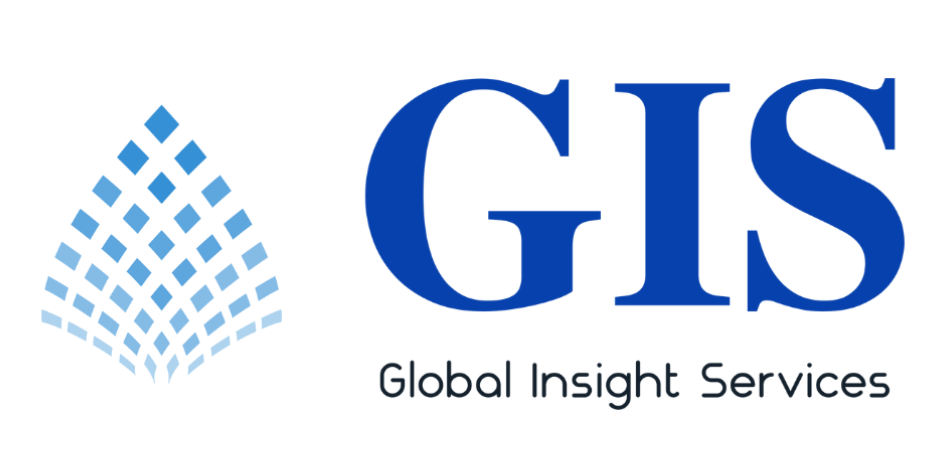Custom Antibody Market : Custom antibodies have become indispensable tools in modern life sciences research, diagnostics, and therapeutics. These specialized proteins, tailored to recognize specific antigens, have found applications in a diverse range of fields, including cancer research, immunology, neuroscience, and drug development. In this article, we will delve into the dynamic landscape of the custom antibody market, highlighting key trends, emerging technologies, and the pivotal role they play in advancing scientific and medical discoveries.
The Custom Antibody Market: A Snapshot
The global custom antibody market has been on a steady growth trajectory in recent years, reflecting the increasing demand for personalized research solutions and therapeutics. As of 2021, the market was valued at approximately $2.2 billion, and it is projected to reach over $4.5 billion by 2026, with a compound annual growth rate (CAGR) exceeding 15%. Several factors contribute to this robust expansion.
-
- Rising Research Activities: The pursuit of breakthroughs in various scientific disciplines, such as genomics, proteomics, and immunology, has driven the demand for custom antibodies. Researchers rely on these tools to identify, isolate, and characterize specific proteins and biomolecules.
- Precision Medicine: The advent of precision medicine has created a need for highly specific antibodies in diagnostics and targeted therapies. Custom antibodies enable the detection of unique biomarkers associated with individual patients’ diseases.
- Monoclonal Antibodies: The development of monoclonal antibodies for treating various diseases, including cancer and autoimmune disorders, has propelled the custom antibody market forward. These monoclonals are often designed with great precision to target specific antigens.
- Technological Advancements: Advancements in antibody production techniques, such as hybridoma technology, phage display, and recombinant antibody technology, have improved the speed and accuracy of custom antibody development.
Key Market Segments
The custom antibody market can be segmented based on various parameters:
-
- Type of Antibody: Custom antibodies can be polyclonal or monoclonal, each with its own set of applications and advantages.
- Application: Custom antibodies find use in research, diagnostics, and therapeutics, with applications spanning immunohistochemistry, flow cytometry, ELISA, and Western blotting, among others.
- End User: Academic and research institutions, pharmaceutical and biotechnology companies, and clinical laboratories are the primary end users.
- Source of Antigen: Antigens can be synthetic, recombinant, or derived from various biological sources, such as proteins, peptides, and cells.
Challenges and Future Prospects
While the custom antibody market is thriving, it faces several challenges:
-
- Quality Control: Maintaining consistent quality in custom antibody production is essential. Stricter quality control measures are needed to ensure the reliability of these reagents.
- Production Timelines: Custom antibody development can be time-consuming. Shortening production timelines is crucial, especially in clinical and diagnostic settings.
- Costs: Producing custom antibodies can be expensive. Innovations in cost-effective production methods are essential to make these tools more accessible.
- Competition: The market is becoming increasingly competitive, with numerous players offering custom antibody services. Companies need to differentiate themselves through innovation and service quality.
The future of the custom antibody market is promising, with several exciting prospects:
-
- Personalized Medicine: As the focus on personalized medicine intensifies, custom antibodies will play a pivotal role in diagnosing and treating individual patients with precision.
- Technological Advancements: Emerging technologies like single-cell sequencing and CRISPR-based gene editing will create new avenues for custom antibody applications.
- Diagnostic Advancements: Custom antibodies will continue to drive innovation in diagnostics, enabling early disease detection and monitoring.
- Biopharmaceuticals: The development of custom antibodies for therapeutic purposes, including cancer immunotherapy, will be a key growth driver in the pharmaceutical sector.
The custom antibody market is witnessing significant growth, fueled by increasing research activities, precision medicine initiatives, and technological advancements. These versatile reagents have become essential tools in a wide array of scientific and medical disciplines, enabling researchers and clinicians to unlock new insights and develop targeted therapies. Overcoming challenges related to quality control, production timelines, and costs will be crucial for sustaining the market’s growth momentum. As science continues to advance, custom antibodies will remain at the forefront of innovation, shaping the future of research, diagnostics, and personalized medicine.
Download Free PDF Sample Report : https://www.globalinsightservices.com/request-sample/GIS20780

